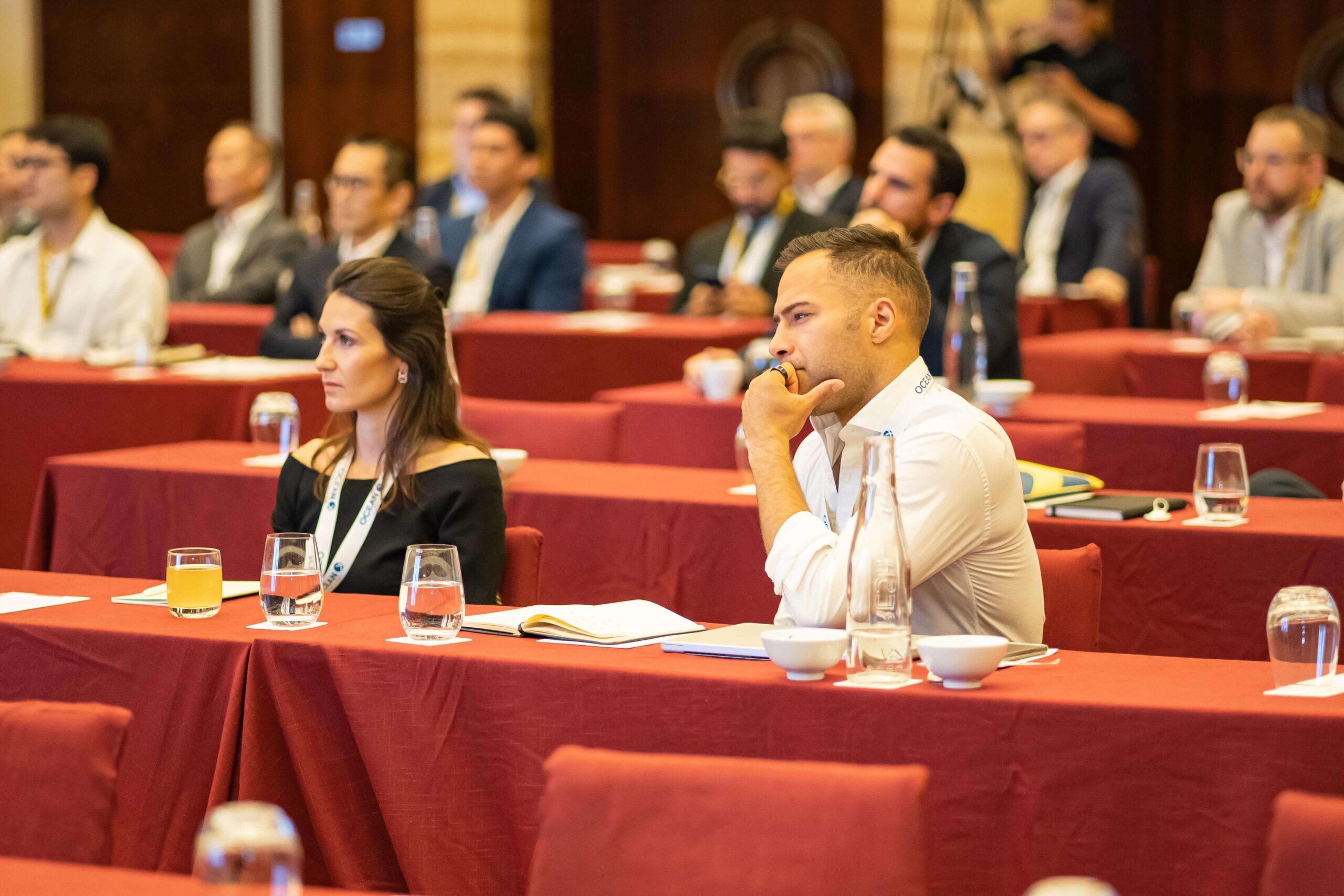The average human attention span is 8 seconds! Are you concerned?

“Attention span: The new scourge affecting productivity “
Will you be able to focus and read this article till the end?
In 2000, the average human attention span was 12 seconds, not very high considering a goldfish has an attention span of 9 seconds.
Conifer Park delved into the topic of the human attention span and provided interesting statistics that led me to reflect on how the decline of our concentration is affecting our daily work life.
To start, what is the definition of attention span?
The Cambridge dictionary defines it as the period during which you can stay interested or listen carefully to something. The attention span is directly related to the time we can concentrate and focus on a particular activity.
So, how does this impact our workload and efficiency?
Taking into account the following statistics:
🔸29% of people can’t help themselves from checking their phone every 30 seconds.
🔸3 hours and 15 minutes is the average time we spend on our phones per day
🔸60% of the people check their phone every 10 minutes
These figures highlight a growing inability to stay focused on a task or activity.
The above doesn’t even include the other abundant distractions we have at work, such as Teams, Slack, emails and other interconnected applications. Do you know how many times an office worker is checking their inbox every hour? Up to 30 times!
Constant solicitation directly impacts our memory, leading to forgetting details and events. Being unable to concentrate and dive deeper in the task resulting in poor work and academic performance. Another impact not to neglect is the effect on cognitive abilities.
Is our brain shutting down from overload?
What factors contribute to altering our attention span?
🔸Constant notifications, alerts and distractions
🔸Switching between tasks leads to a fragmented focus
🔸Short-term content leading to quick scrolling and reducing engagement
🔸Stream of updates and never-ending content: cycle of distraction
The digitalisation of our lives since 2000 has highly contributed to the change of habits and led us to an interconnected era. Most people now have their phone with them 24/7. The level of distraction increased significantly, exposing us to a continuous flow of information and stimuli, participating in the fragmentation the attention. Unconsciously, we’re drawn toward the last notification popping up on the screen, leading us to stop what we’re doing over and over again.
How to support our metabolism to focus:
🔸Reduce notifications
🔸Set boundaries for phone usage
🔸Technology free space
🔸Digital detox
🔸Engage deeply in tasks
How can we improve our level of concentration?
Develop habits!
Each time you are about to check your phone, say no and don’t do it. Keep going with your task. The more educated the brain becomes, the less inclined it will be to pursue the idea.
Have you developed a fear of missing out? Do you crave instant gratification, waiting for something that never comes? Why do we check our phones even when there’s no call or message?
Perhaps the constant flow of unimportant notifications we receive has conditioned us to check our screens impulsively. Over time, we’ve lost the ability to differentiate between urgent and important matters.
Techniques to increase concentration
🔸Task prioritization
🔸Single-tasting
🔸Minimize distractions
🔸Pomodoro
🔸Set clear goals
Conclusion:
While research shows a decrease in concentration, it is important to balance this idea. Concentration varies depending on the task and external stimuli. Engaging in conversation or activities we find interesting doesn’t have the same impact on our attention span.
Another interesting point, researchers found out that only 5.9% of teenagers with ADHD were naturally born with the disorder, while 81% developed it due to the excessive use of technology. “The earlier children are immersed in digital media and technologies offering instant gratification, the higher the likelihood that an attention=deficit disorder will emerge as they grow.” More information to be found in the Oxjournal.
For those who started working before 2015, how did your behavior evolve?
Cécile Lammer,
Ceicia’s founder